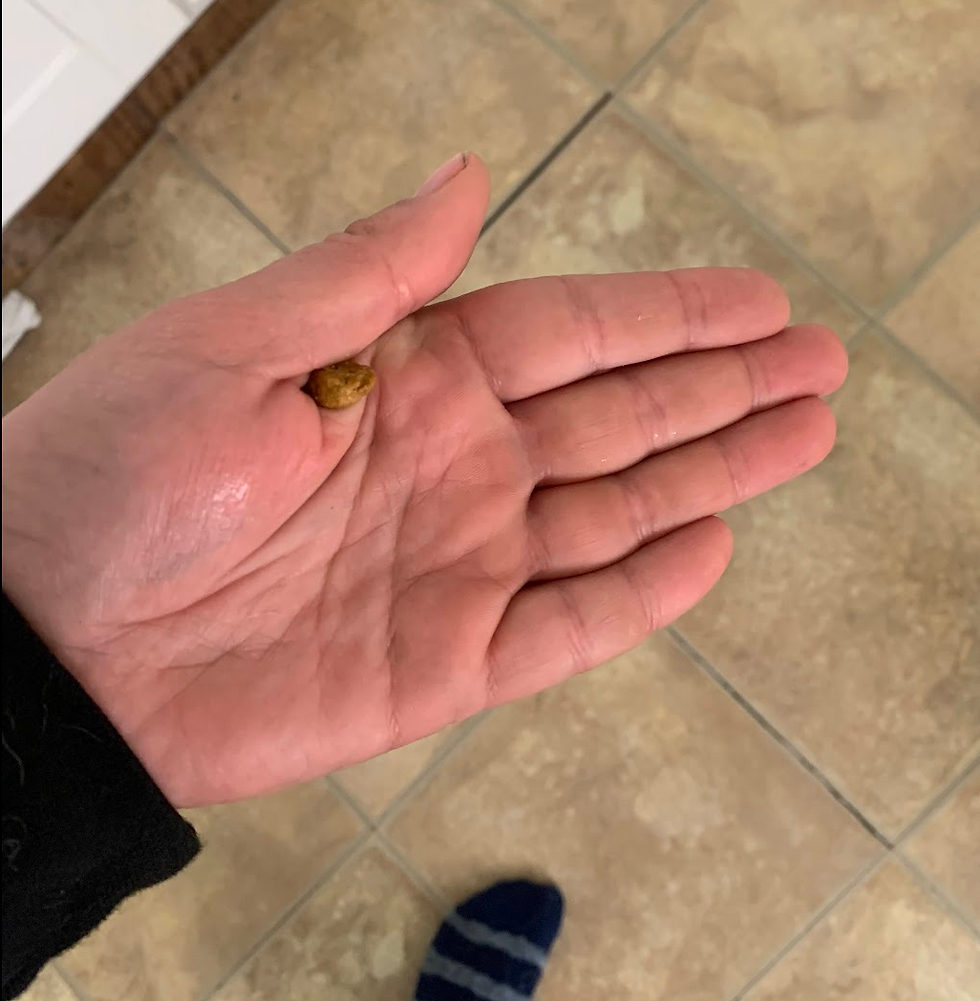Does Your Dog Need Training?
- Erin O'Rourke
- Oct 13, 2021
- 4 min read
Updated: Jul 18, 2023

"He's trained now," my former roommate said with confidence about two weeks after the new dog came to live with us. When I didn't respond, he insisted, "He's trained. He doesn't do anything I don't want him to." And while this particular dog may not have been showing any undesirable behavior, is that really all training is? For me, eliminating undesirable behavior is hardly the only goal of training. Training isn't only for dogs who misbehave, because training is not about your dog doing what you want. The goal of training (for me at least) is not control, it is education. Dogs live in a human world, and it is our job to teach them how to live in a human world. Our customs, our societies, our rules and laws, our languages make no sense to them, so typically the way they are instinctually inclined to respond to a situation is not what we would like. That means it is up to us to teach them how we do want them to respond. From proper interactions with strangers and strange dogs in public, to accepting vet care, to potty training, these things don't come naturally to our dogs, but we can teach them how to interact with other people and dogs, to accept basic husbandry, and to go to the bathroom only in appropriate places. And we do it through training.
So what sort of things does your dog need to learn? Well the answer to that is going to be different for every dog and human pair. If you think of training not as controlling your dog, or bossing them around, but as giving them skills to thrive in their world, then it is easier to understand the sort of things your particular dog needs to learn. Do they respond appropriately when guests come over? Do they come running at top speed when you call them, no matter what else is going on? Can you trim their nails or brush their coat and teeth without a fight? If they go out in public, are they polite and comfortable in a variety of situations? Do they bark at everyone who walks by their favorite window? Take a look at your dog's daily life and really think about if there are instances of conflict or confusion for your dog. If there is, then you've got a good starting point to work from. Start teaching them to live successfully in your world.
Now that you're starting to get an idea of the sort of things that your particular dog will benefit from learning, I will say that there are two things that every single dog needs to learn, just for their own safety, and those two things are "come" and "leave it". Come is fairly self explanatory; you should be able to call your dog back to you under distraction and they should respond the first time you call 100% of the time. A reliable recall (or "come" cue) is absolutely essential for any dog. No matter what sort of life you and your dog lead, there will come times when you will need your dog to return to you. That may be when you are leaving the park, and they're on the other end of the field, or it could be when they're chasing a squirrel toward on coming traffic, or when they are approaching a dog who may not be friendly. Remember, dogs live in a human world so there is no way that they can fully understand most potentially dangerous situations that seem obvious to us. Being able to call them away from those dangers is essential for us to keep them safe. The "leave it" cue is not as common, but just as important to keeping dogs safe. "Leave it" just means the dog will ignore an item, animal, person, etc. that they're interested when you give the cue. This can be annoying but nonthreatening things, like popular pee spots on your regular walking route, or dangerous things like vermin traps or poison, and snakes, even for when you're unsure of what has your dog's attention. You may be thinking this is a bit redundant, because why bother teaching your dog to ignore something if you can just call them away from it with your recall cue, but ultimately, a dog with a fantastic recall may still take a bite of whatever it is they're interested in (road kill, poop, a stranger's lunch, etc.) and chew it on the way back to you. Also there is plenty of utility for a cue like this when your dog is walking at your side, or when you don't need your dog to come to you, you just need them to ignore something.
So does your dog need training? That's for you to decide. Look at training through the lens of what you need to communicate to your dog, not what you need or want your dog to do or not do. Look for things that are causing conflict or confusion in your dog's life, and consider how to teach them what they need to know to better handle those situations. You and your dog will both be glad you did.





Commentaires